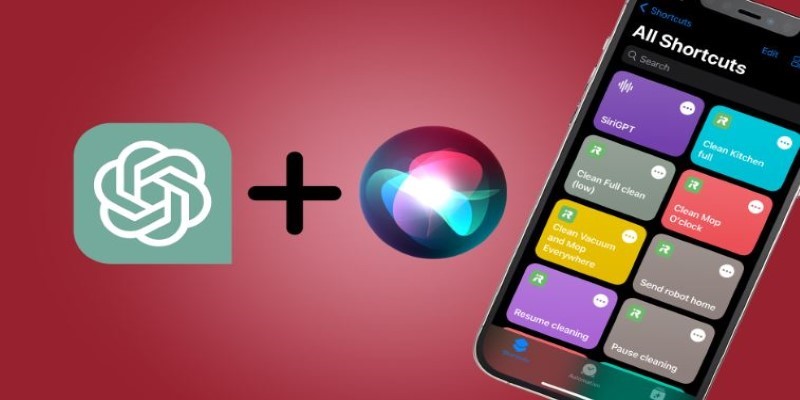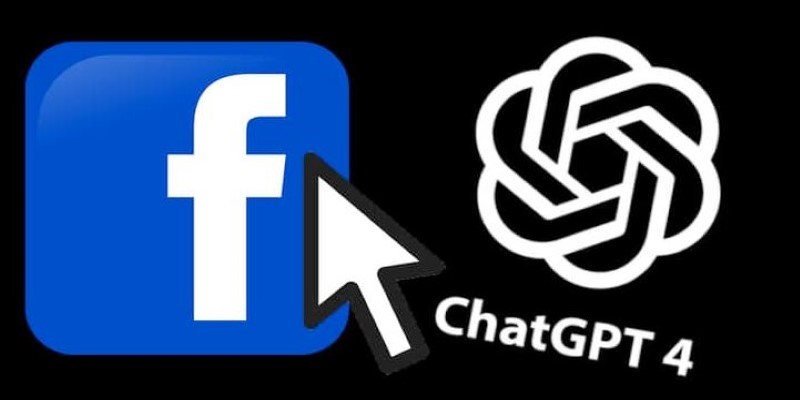Advertisement
Fifty years ago, the first mobile phone call was made—a bulky prototype from Motorola that changed everything. Fast forward to today, and we’re not just using phones for talking. They’ve become our cameras, banks, studios, and even AI terminals. But while we celebrate the mobile phone turning 50, digital threats like ransomware are growing just as fast, locking up our data and demanding payment.
At the same time, tools like ChatGPT are being used to write podcast scripts with almost no human input. The future is not coming—it’s already part of our daily routine, and this story ties it all together.
In April 1973, Martin Cooper of Motorola made the world’s first handheld mobile phone call. It wasn’t elegant—more like a brick than a device—but it marked the start of a revolution. The early mobile phone was built for calling and little else. It had a battery life of about 30 minutes and took 10 hours to charge. Still, it was portable, and that alone was enough to spark something much bigger.
Over the years, phones shrank in size but grew in function. Texting came in the ‘90s, then internet access, and soon smartphones. Apple’s iPhone in 2007 pushed the mobile phone into a new era, turning it into an app-driven platform for everything from messaging to media creation.
Mobile phones are now at the very center of everyday life. There are more than 7 billion active mobile phones globally, and they've become our digital fingerprints. From reading QR codes to confirming accounts and recording HD video, it's difficult to imagine any everyday activity that isn't influenced by mobile technology. With the mobile phone turning 50, it's no longer merely an apparatus—it's the launching point for how we work, interact, and even think.
Ransomware is a form of malware that locks or encrypts files on a system and demands payment for access. The user is usually greeted by a message that their files are inaccessible unless they pay a ransom, often in cryptocurrency. For businesses, this can halt operations completely. For individuals, it can mean the loss of years of photos, documents, or saved projects. The question is: can you decrypt the files without paying? In some cases, yes—but it’s not simple.

When a ransomware attack happens, the files are typically encrypted with a complex algorithm like AES or RSA. Each encryption method uses a key, basically a long password, that scrambles the data. Without this key, the files are unreadable. The attacker usually holds the key and offers it only after payment.
But sometimes, mistakes in the ransomware code open a window. Cybersecurity teams study these samples, and if flaws are found, they develop decryption tools. For instance, if a ransomware variant uses a predictable method to generate keys, experts might reverse-engineer the process. Europol and private security firms often collaborate to build free decryption utilities for common variants. That's why victims are often advised to check databases like NoMoreRansom.org before paying anything.
In other situations, backups are the only solution. If the system is properly backed up and isolated, you can wipe the infected device and restore clean copies. However, many users only realize this after the attack, which is why ransomware is so effective.
Ransomware decryption, explained in simple terms, is like cracking a very difficult combination lock. Sometimes, you get lucky with known keys; other times, you need to start from scratch or give up altogether.
Podcasting used to be a labor-heavy process. You’d brainstorm topics, research them, write scripts, revise them, and finally record. But now? More and more teams are using AI to write entire episodes. ChatGPT is at the center of this shift.

When someone says, "ChatGPT writes our podcast," they don't mean it writes a few notes or rough outlines. They mean it writes full-length scripts, structured segments, intros, questions for guests, and even closing summaries. With the right prompt, ChatGPT can create a 30-minute show in minutes, and the results are often clean enough that only minor editing is needed.
Some podcasters use AI only to generate ideas or draft basic outlines. Others let it handle the heavy lifting. The difference is in the prompt quality and the user’s experience. You can ask it to write in a casual tone, mimic a certain speaker’s style, or inject jokes, all while pulling up-to-date information if used with plugins or integrated tools.
This doesn't mean podcast writers are obsolete. Instead, their role is shifting. Human hosts now act more like editors or directors—overseeing the AI’s work, fine-tuning delivery, and bringing a human voice to the machine’s draft.
But the trend is clear. From daily news briefs to tech explainers, "ChatGPT writes our podcast" is becoming less of a novelty and more of a production standard. And as voice synthesis tools improve, AI might not just write the podcast—it might speak it, too.
The mobile phone turning 50 is more than just a milestone—it’s a reminder of how quickly things change. In five decades, we’ve gone from static voice calls to full-scale digital ecosystems. At the same time, threats like ransomware have grown smarter, locking people out of the very systems they rely on. But instead of collapsing under complexity, we’ve started using AI tools like ChatGPT to manage it all—from writing podcast scripts to generating recovery responses. Whether you’re listening to a show or recovering from a hack, chances are an AI is already involved. And it’s just getting started.
Advertisement

Learn how business leaders can measure generative AI ROI to ensure smart investments and real business growth.

Explore FastRTC Python, a lightweight yet powerful library that simplifies real-time communication with Python for audio, video, and data transmission in peer-to-peer apps

Discover the top AI search engines redefining how we find real-time answers in 2025. These tools offer smarter, faster, and more intuitive search experiences for every kind of user

Vendors must adapt to the AI assistant craze by offering real value, ensuring privacy, and focusing on intuitive solutions

Looking for beginner-friendly places to explore AI tools? Discover the top 9 online communities for beginners to learn about AI tools, with real examples, clear guidance, and supportive discussion spaces

Learn how to use ChatGPT with Siri on your iPhone. A simple guide to integrating ChatGPT access via Siri Shortcuts and voice commands

JPMorgan Chase cautiously explores generative AI, citing financial services security, ethics, compliance challenges, and more

Explore 8 clear reasons why content writers can't rely on AI chatbots for original, accurate, and engaging work. Learn where AI writing tools fall short and why the human touch still matters

A fake ChatGPT Chrome extension has been caught stealing Facebook logins, targeting ad accounts and spreading fast through unsuspecting users. Learn how the scam worked and how to protect yourself from Facebook login theft

Intel and Nvidia’s latest SoCs boost AI workstation performance with faster processing, energy efficiency, and improved support

Use ChatGPT from the Ubuntu terminal with ShellGPT for seamless AI interaction in your command-line workflow. Learn how to install, configure, and use it effectively

Explore the latest Twitter scam tactics, Meta Verified’s paid features, and how ChatGPT-4 is reshaping how we use AI tools in everyday life